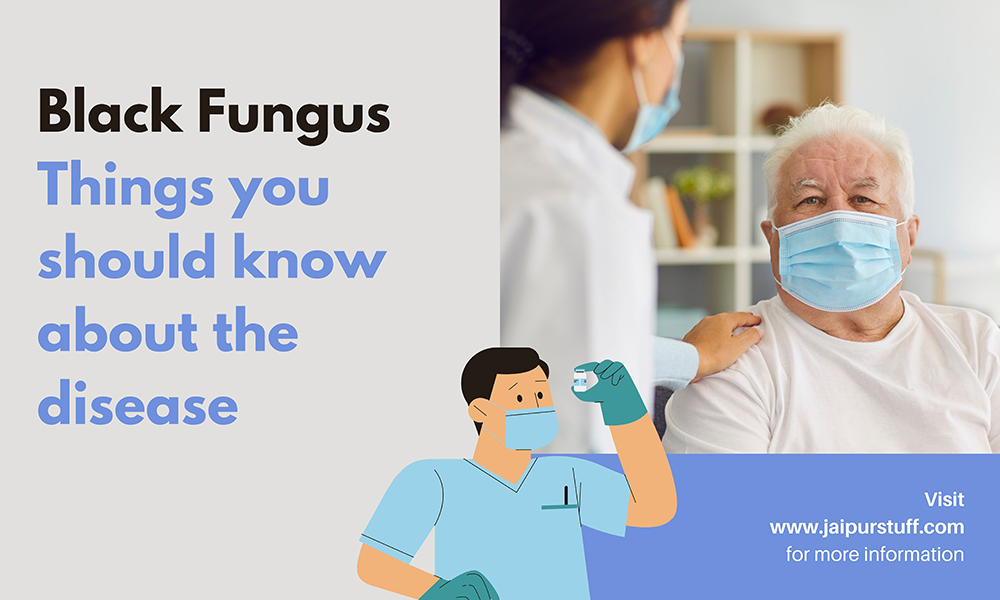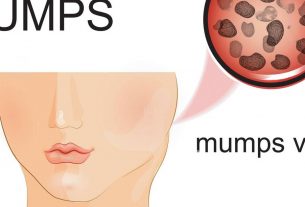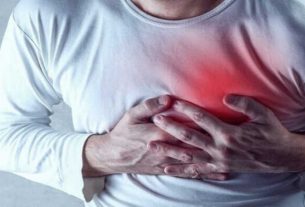Black Fungus recently declared as the epidemic has reported being adding fuel to the fire in this ongoing covid pandemic. The resurgence of covid cases has brought with it this rare infection named Black Fungus. However, in the last few decades, there were only a few black fungus cases, but now, tens of thousands have surfaced within a month that too during the world’s most severe COVID-19 outbreak.
The count of Black fungus in India is rising each day and in order to avoid having this infection yourself, it is important to know a few things about it. Here are some of the queries which frequently comes to our mind.
Table of Contents
What is a Black fungus?
The black fungus also known as Mucormycosis is a rare but serious infection. It is caused by exposure to mucor mould which is present in the surrounding environment. It is generally found in soil, plants, and decaying organic matter. This deadly infection manifests in the sinuses, the brain and the lungs and can be hazardous. It is named Black fungus because when the infection occurs it invades and destroys blood vessels causing dead tissues which appear black.
Also read: Post Covid Care: 10 things you must follow after recovery
What happens in Black Fungus?
The patient complains of black fungus symptoms such as:
- Nose blockage or congestion,
- Swelling on one side of the face,
- Severe headache,
- Black lesions on the skin,
- Chest pain,
- Numbness or difficulty in chewing or opening the mouth,
- Loosening of teeth,
- Black or bloody nasal discharge
- Local pain on the cheekbone,
- Blurred or double vision with pain,
- Swelling and pain in the eye
- Inability to open eyelids or difficulty in closing them
People who are suffering from Covid or have recovered from it, should be cautious about these signs and symptoms of Black fungus. The symptoms may take about two to three weeks to occur after an individual contracts COVID-19 infection. It can be fatal if not treated in time so medical advice should be sought immediately
Also read: Home Care Tips for treating COVID-19
How serious is Black Fungus?
In patients suffering from Covid, it manifests in the sinuses and can spread to the brain. This fungus can invade various parts of the sinus, lungs, brain and some other organs such as the liver. This dangerous fungus sits inside the sinuses once a patient inhales it. It doesn’t remain static and continues to spread through the nose, attacks the eyes, eating away the flesh, tissues and bones then reaching the brain. It can also cause lung pneumonia. This infection has a death rate of 46%, while those that spread through the bloodstream to other parts of the body has a death rate of 96%.
Who are all at high risk?
Nowadays, black fungus cases are being seen among COVID patients who were administered steroids to treat symptoms. It can grow fast in patients suffering from diabetes or immuno-compromising issues. Up to 75% of the cases occur among COVID-19 patients with uncontrolled diabetes. Also, patients on oxygen support and needed nasal supply by mask, or ventilators exposed to the infection due to unhygienic tubes. Poor nasal and oral care are also among black fungus causes and may leave you at high risk of fungal infection.
Is black fungus happening to Covid patients only?
Although this fungus exists in the environment, there is no way to avoid it. But it rarely can affect a healthy person. But presently it is affecting people having covid or those who have recovered from covid. This is because Covid-19 patients are prescribed immune-suppressing steroids to reduce inflammation caused by Covid. This leaves people vulnerable to fungal infections. Patients with breathing issues during Covid have also been prescribed steroids.
The use of steroids leads to a drop in immunity and pushes up blood sugar levels in both diabetics and non-diabetic Covid-19 patients. If the patient has diabetes, then there are more chances of their sugar levels shoot up. The fluctuating blood sugar levels and lowered immunity could be the primary reason how black fungus spread and the rising cases of mucormycosis among covid patients.
For combating such a serious disease one must consult medical advice at the earliest.
What is the treatment?
For black fungus treatment, an MRI and CT scan of the nasal cavity, sinuses and brain is performed, following endoscopy. If the tests are positive for the fungus, all the tissues infected must be surgically removed. Some patients end up losing the eyes and, in some cases, the upper jaw.
The appropriate use of steroids and controlling sugar level is a must for black fungus prevention. Along with the surgery, patients might need an antifungal injection to ensure it doesn’t grow again. This procedure may span up to four to six weeks. Also, antibiotics are used as black fungus medicine.
How do you prevent Black Fungus?
Black fungus prevention is very crucial and very easy. You can protect yourself by following these do’s and don’ts.
DO’S
- Patients should keep an eye on blood sugar levels and control them.
- Use antibiotics/antifungals and steroids judiciously.
- Although this disease can’t spread from one human touch to the other, you should use clean, sterile water in humidifiers during oxygen therapy.
- Keep your immunity boosted. Eat good food, stay hydrated, exercise regularly, have enough sleep, and nurture a stress-free mind.
- Use masks if you are visiting any area with dust or soil or while gardening. Wear clothes that cover your whole body such as shoes, long trousers, long sleeve shirts and gloves.
- People should wear goggles and use facial protection every time they walk out.
- Follow Covid appropriate behaviour and guidelines such as wearing masks, maintaining physical distancing, and frequent washing hands with soap.
- Maintain personal hygiene including thorough scrub baths.
- Maintain oral hygiene and make a habit of brushing twice a day. Toothbrushes, floss holders, and tongue cleaners should be regularly disinfected by dipping them in antiseptic mouthwash. Gargle and rinse your mouth after every meal, as this will prevent microorganisms from growing in the oral cavity.
- Maintain Nasal hygiene, steaming is recommended
DON’TS
- Pay attention and don’t ignore warning signs and symptoms.
- Do not hesitate to seek fierce examinations for detecting fungal infection.
- Take treatment timely. Do not lose crucial time to initiate treatment for this serious infection.
- The disease is pretty rare but has globally spread now. Amid a resurgence of Covid outbreaks, there has been a noticeable rise in Black Fungus cases in India. Understanding the disease will help in the early detection of the condition and a watchful treatment. If you experience any of the black fungus symptoms you must immediately consult an ENT doctor or ophthalmologist for the treatment



